by Don Webster
All images ©2016 Don Webster used by permission.

As we headed out, we were literally gleeful with excitement. We both left behind workplace stresses, and were glad to be completely out of touch and immersed in the local environment. It reminded us of the classic dream of being abandoned on a tropical island: sitting on white sand beaches with nothing but coconuts!
During the depths of a northern winter, it’s easy to put your kayaks away, hang up your paddles, and eagerly wait for the return of longer days and more temperate weather. For many, our thoughts turn to ski season, hot chocolate, and playing in the snow; we are a culture that embraces our weather, making the most of the frigid temperatures. Not everyone is in love with our winters though — many Canadians book their departures to warm climates, gathering like migratory birds at all inclusive resorts in the south. For those seeking an adventure beyond the resort communities, a little bit of effort to get off the beaten track can result in great rewards!
 Our plan was developed over the fall after conversations with other paddlers about winter paddling options. Come February, we would head down to the Exuma Cays for an expedition style kayaking trip. Located in the Bahamas, the Exumas are known for being a quieter, less developed, and more laid-back area than many other destinations in the Caribbean. There are 365 Cays (islands) in the chain, characterized by white sand beaches, warm waters, fantastic snorkeling and sheltered waters to explore by kayak. A plan was roughed in: my partner Tiff and I would pack up our two TRAK kayaks and camping gear, and grab a commercial flight to Georgetown, the regional capital. From there, after provisioning, we would embark on a nine day traverse of the Exuma Cays. Instead of backtracking and covering the same ground twice, we would charter a small airplane to return us to our starting point — only possible because of the TRAK folding kayaks.
Our plan was developed over the fall after conversations with other paddlers about winter paddling options. Come February, we would head down to the Exuma Cays for an expedition style kayaking trip. Located in the Bahamas, the Exumas are known for being a quieter, less developed, and more laid-back area than many other destinations in the Caribbean. There are 365 Cays (islands) in the chain, characterized by white sand beaches, warm waters, fantastic snorkeling and sheltered waters to explore by kayak. A plan was roughed in: my partner Tiff and I would pack up our two TRAK kayaks and camping gear, and grab a commercial flight to Georgetown, the regional capital. From there, after provisioning, we would embark on a nine day traverse of the Exuma Cays. Instead of backtracking and covering the same ground twice, we would charter a small airplane to return us to our starting point — only possible because of the TRAK folding kayaks.
Flying commercial flights down to the Bahamas with the TRAK boats was surprisingly easy. The travel bags pass as golf clubs, and as such ticket agents don’t give them a second glance. Our luggage consisted of two large checked bags each, with as many carry-on as we could manage. We paid about $100 total in excess bag fees total for the entire trip, pretty impressive considering we were carrying two kayaks, paddling gear, and all camping gear for a nine day trip!



Arriving in Georgetown, we rushed around provisioning: rum, butter for fresh-caught lobster, coffee, cooking fuel, sunscreen, more rum, check. What more could we possibly need? It helped knowing that there were two small Bahamian communities along the route; there we could stop by and stock up on the essentials in case we went short. As we went around Georgetown, many locals expressed disbelief over our trip —“You’re doing what? To where? For nine days? For a vacation?” Most kayaks around seemed to be small sit-on-tops, meant for short explorations close to home — expedition kayaks were seldom seen.
We hitched a ride with a local Bahamian to the north end of Great Exuma, and managed to find a launching spot in the abandoned fishing community of Anne’s Tract. The old waterfront bar provided an ideal cover from hot Caribbean sun to assemble our kayaks. It’s always a bit nerve-racking assembling the kayaks after flying nearly 4000 kilometers with them – "Had all the parts arrived with the kayaks? Was there any damage?" — all was good and the kayaks came together quickly.




As we headed out, we were literally gleeful with excitement. We both left behind workplace stresses, and were glad to be completely out of touch and immersed in the local environment. It reminded us of the classic dream of being abandoned on a tropical island: sitting on white sand beaches with nothing but coconuts! Our days soon fell into a rhythm: up at first light to get moving in the cooler morning temperatures and by lunch, eagerly searching for shade. During the afternoons we moved slower and spent time swimming and snorkeling. Our pasty white Canadian skin quickly turned to red, then slowly we were browned up by the days in the sun. Campsites were without fail on white, sandy beaches.
 The communities of Little Farmers and Black Point stand out as highlights of the journey. These are remote, traditional communities that are very welcoming. We made a point to stop in, chat with the locals, re-provision, and gorge on seafood and cold beer. Even more thrilling were encounters with the critically endangered Exuma Iguana! Endemic to the islands, it’s estimated that there are only about 1300 individuals left, making us appreciate the chance to hang out with them. They were both curious and hungry, and at one point we were surrounded by them to the verge of getting chased off the island.
The communities of Little Farmers and Black Point stand out as highlights of the journey. These are remote, traditional communities that are very welcoming. We made a point to stop in, chat with the locals, re-provision, and gorge on seafood and cold beer. Even more thrilling were encounters with the critically endangered Exuma Iguana! Endemic to the islands, it’s estimated that there are only about 1300 individuals left, making us appreciate the chance to hang out with them. They were both curious and hungry, and at one point we were surrounded by them to the verge of getting chased off the island.
We did encounter challenges during the trip: a series of cold fronts swept down from Florida during our trip, bringing colder temperatures and strong headwinds. On one day, we hunkered down in the tent, hoping it wouldn’t blow away. On another, we managed to grind out two miles in a vicious headwind before giving in and heading back to shore. Strong currents ripped through the cuts (channels) in the island, forcing to choose our crossing times carefully to avoid rough seas. It’s a paddling destination but not without it’s challenges.
On the ninth day of kayaking, we reluctantly approached our final destination: the community of Staniel Cay. It’s a busy little hub of activity in an otherwise remote area, with an active yacht club and many nearby resorts. We disassembled our TRAK kayaks, hauling them a short distance to the airstrip where our charter awaited. It took thirty minutes in the air to return along what took us nine days to paddle. This was the start of many, many flight connections to arrive home in Squamish, BC.



In the end, the trip was everything we had hoped it would be. Beautiful: yes. Rewarding: yes. Therapeutic: yes. Challenging: more so than we even thought! We returned home day-dreaming of what the next tropical destination will be, and wondering how quickly we can manage to head out again! Experiences like these shape who we are, strengthen our relationships, and make us thrive — rather than just survive.





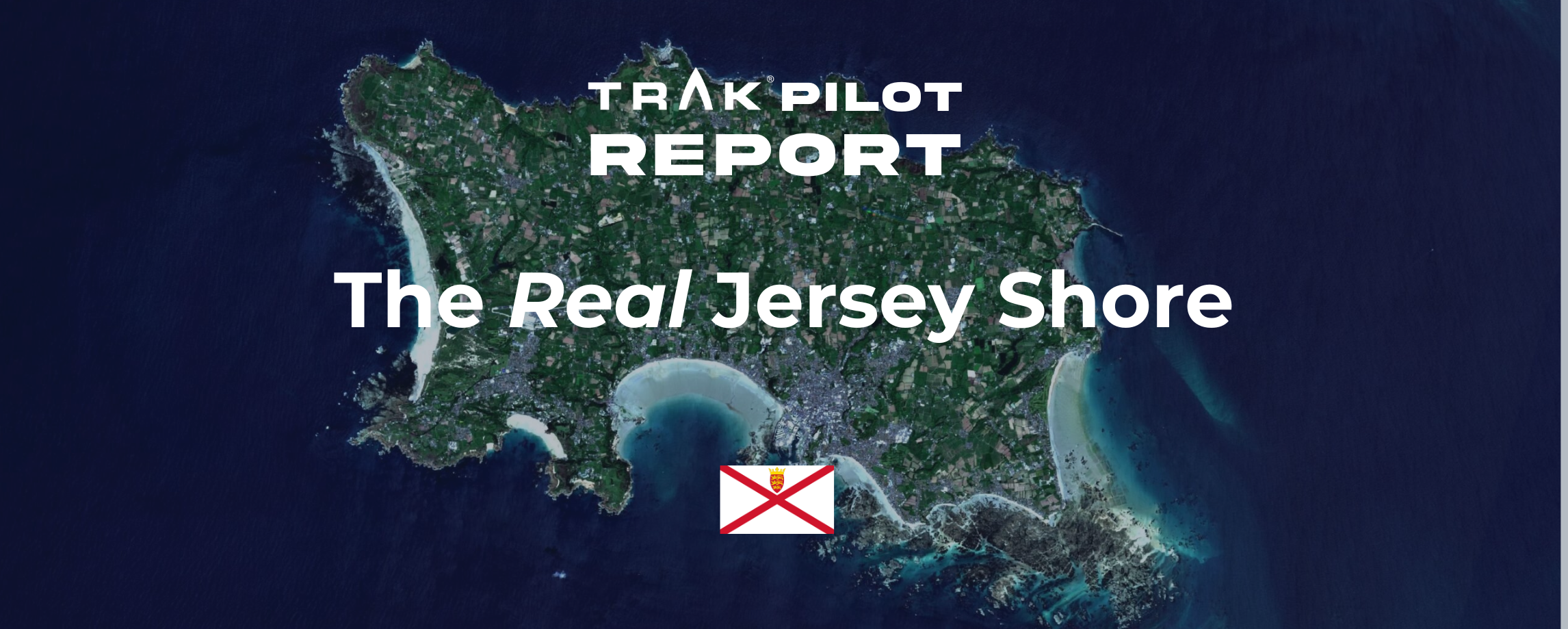
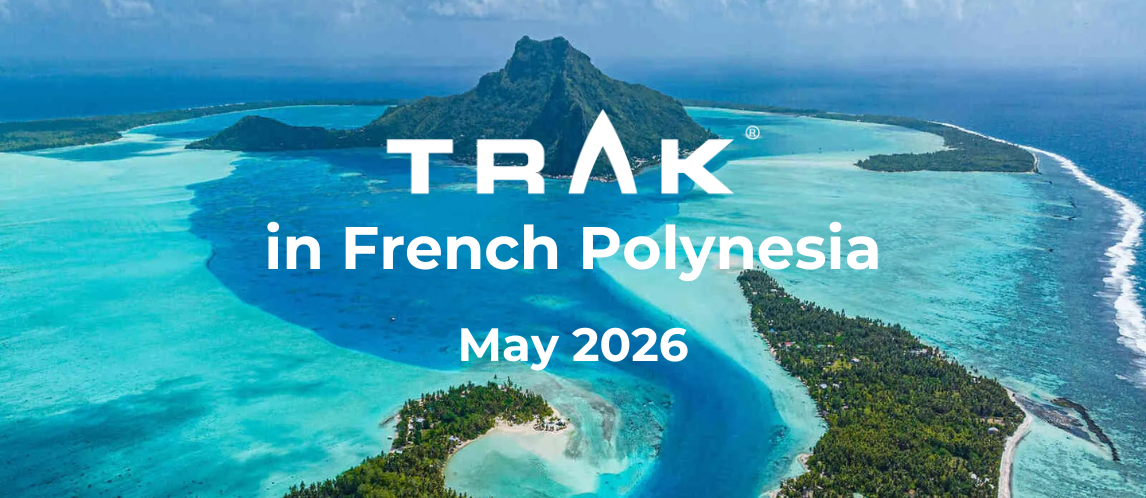
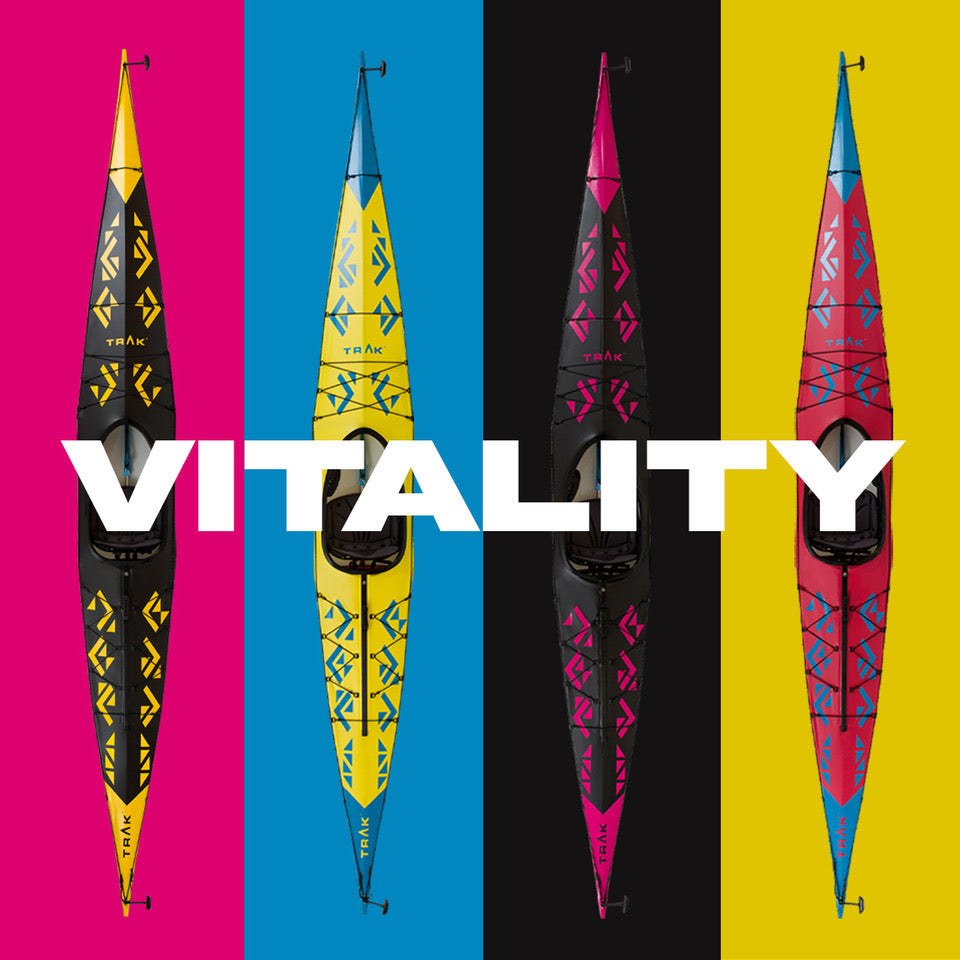
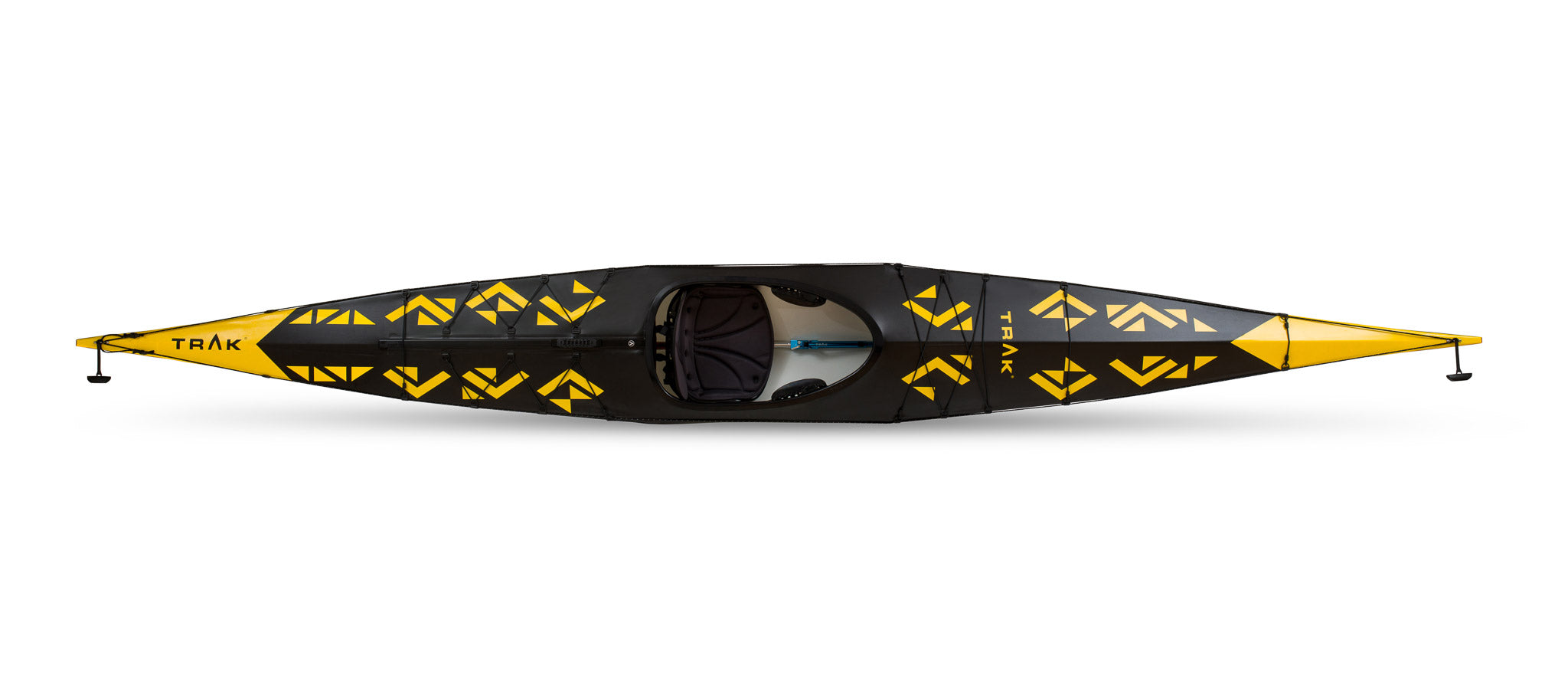
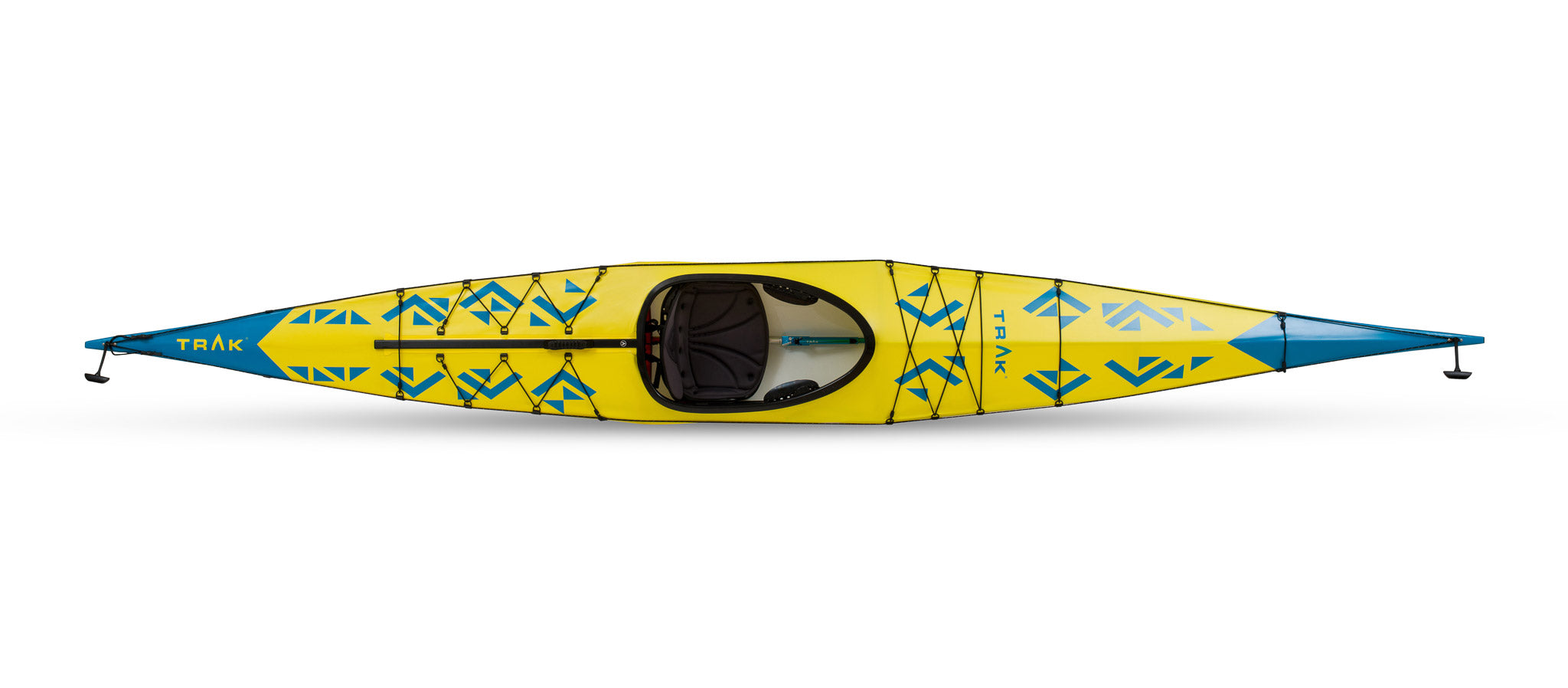
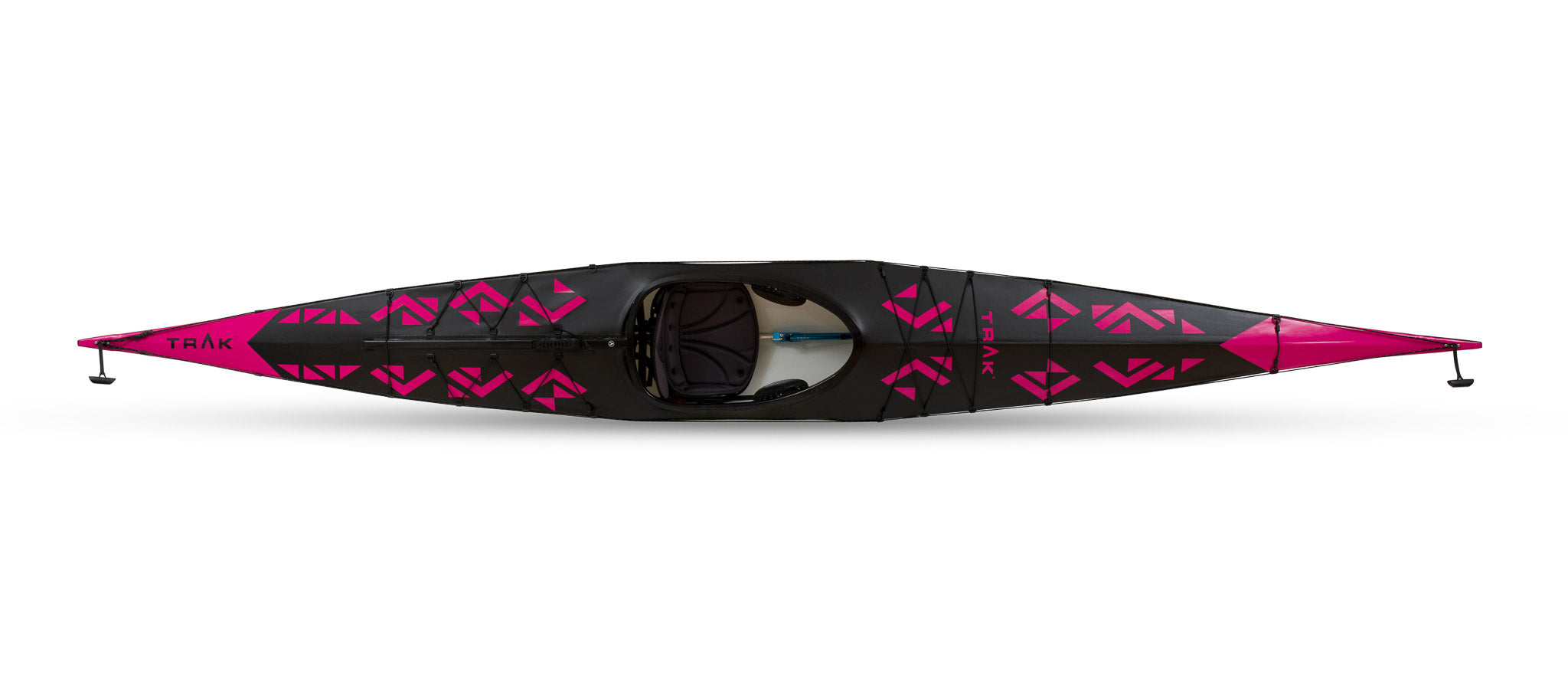
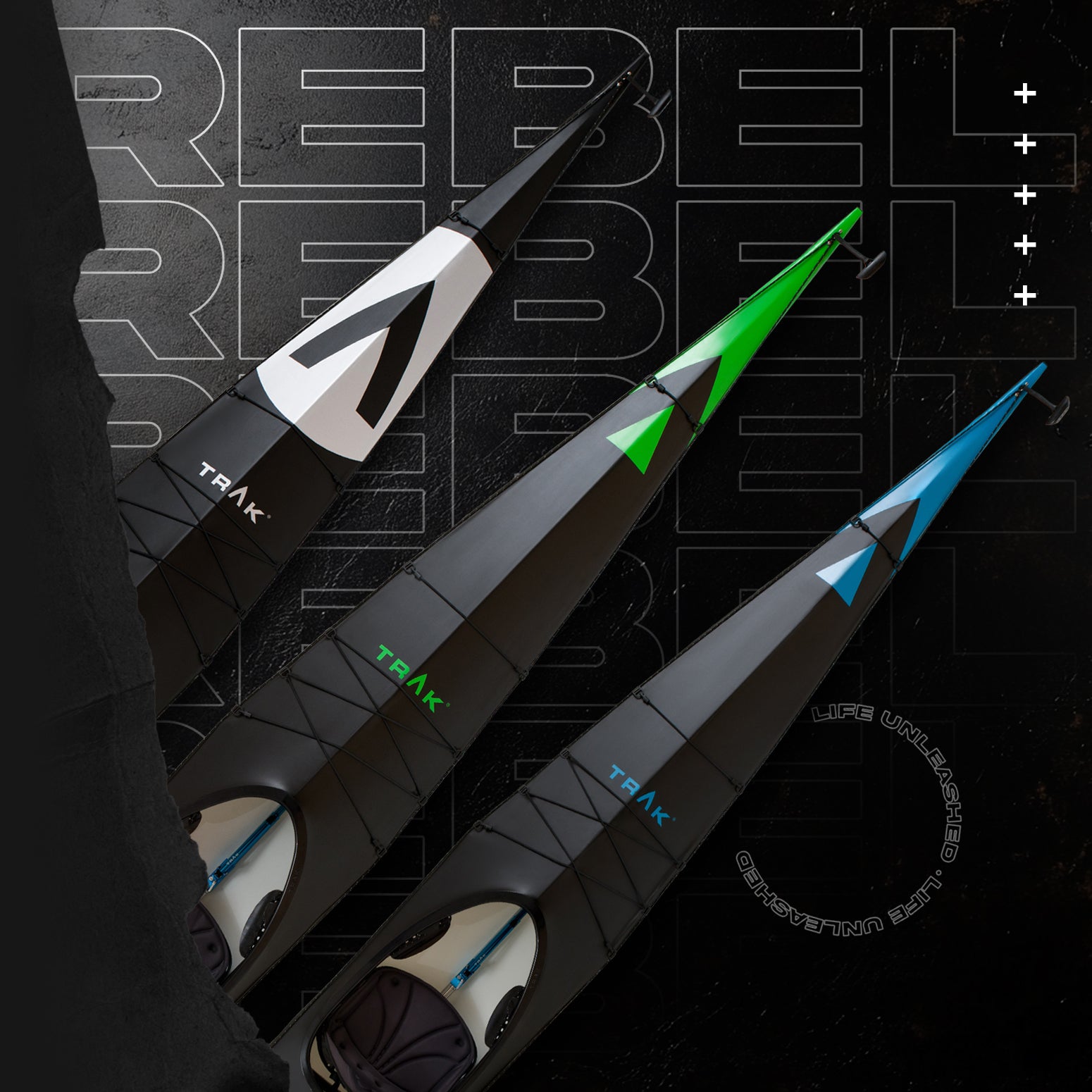
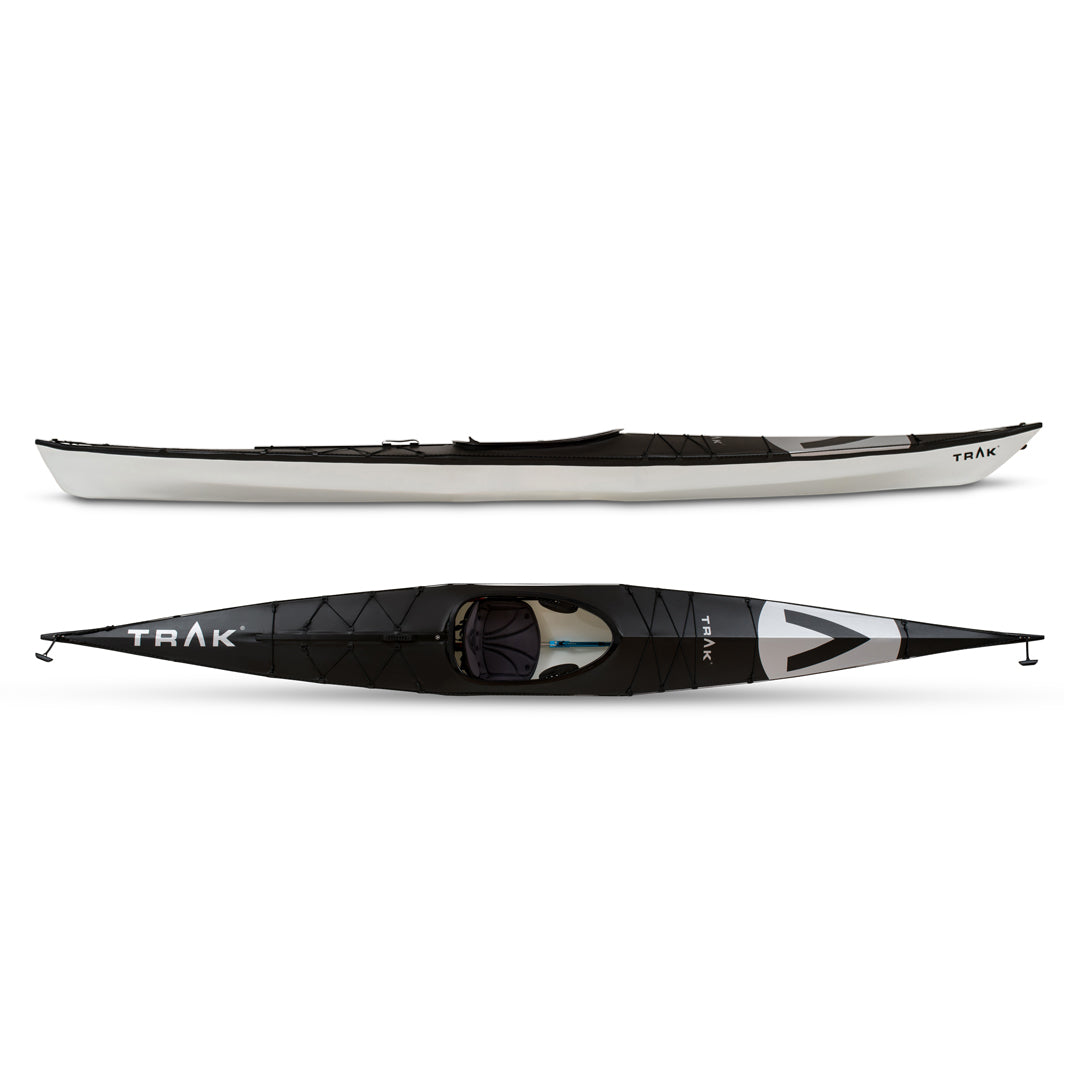
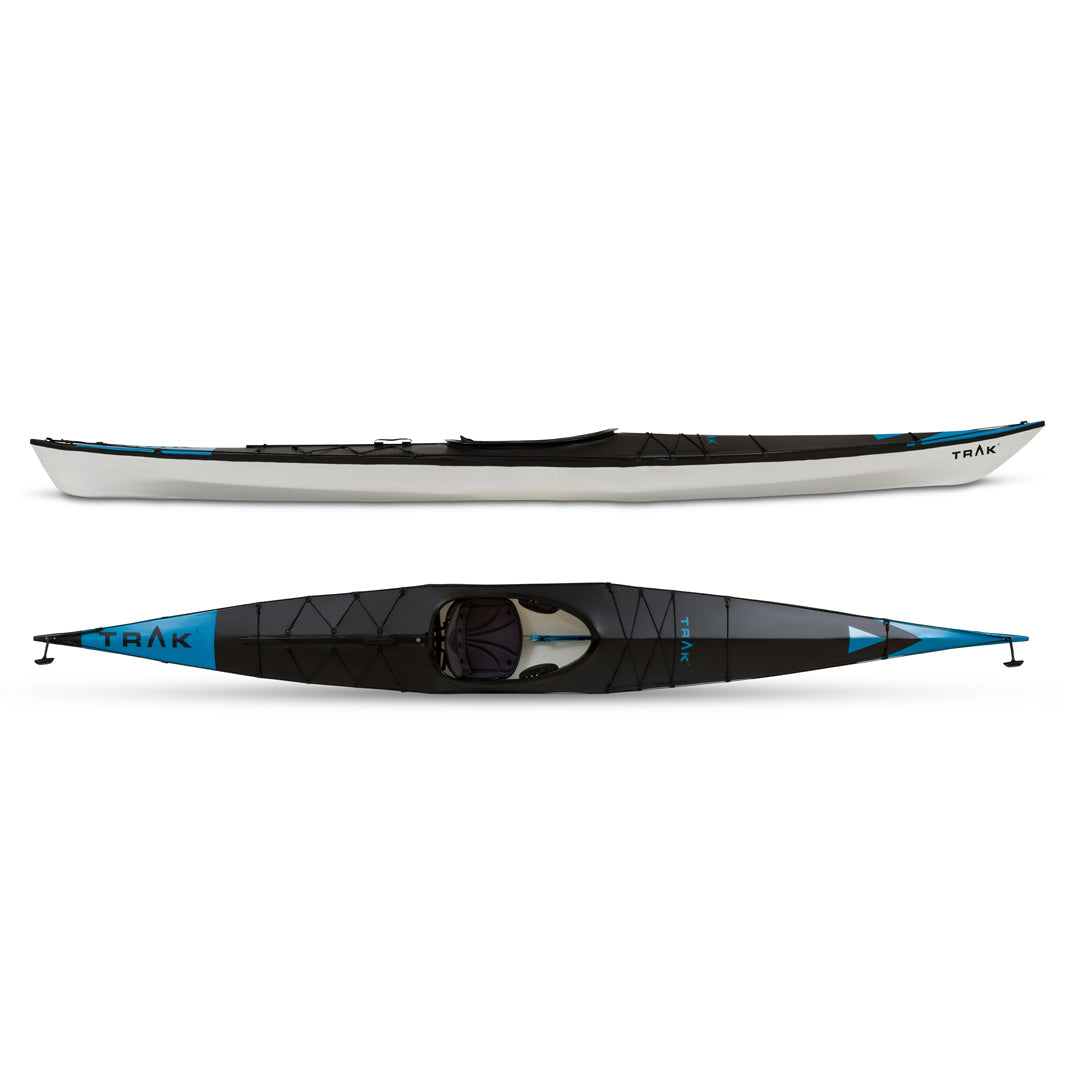
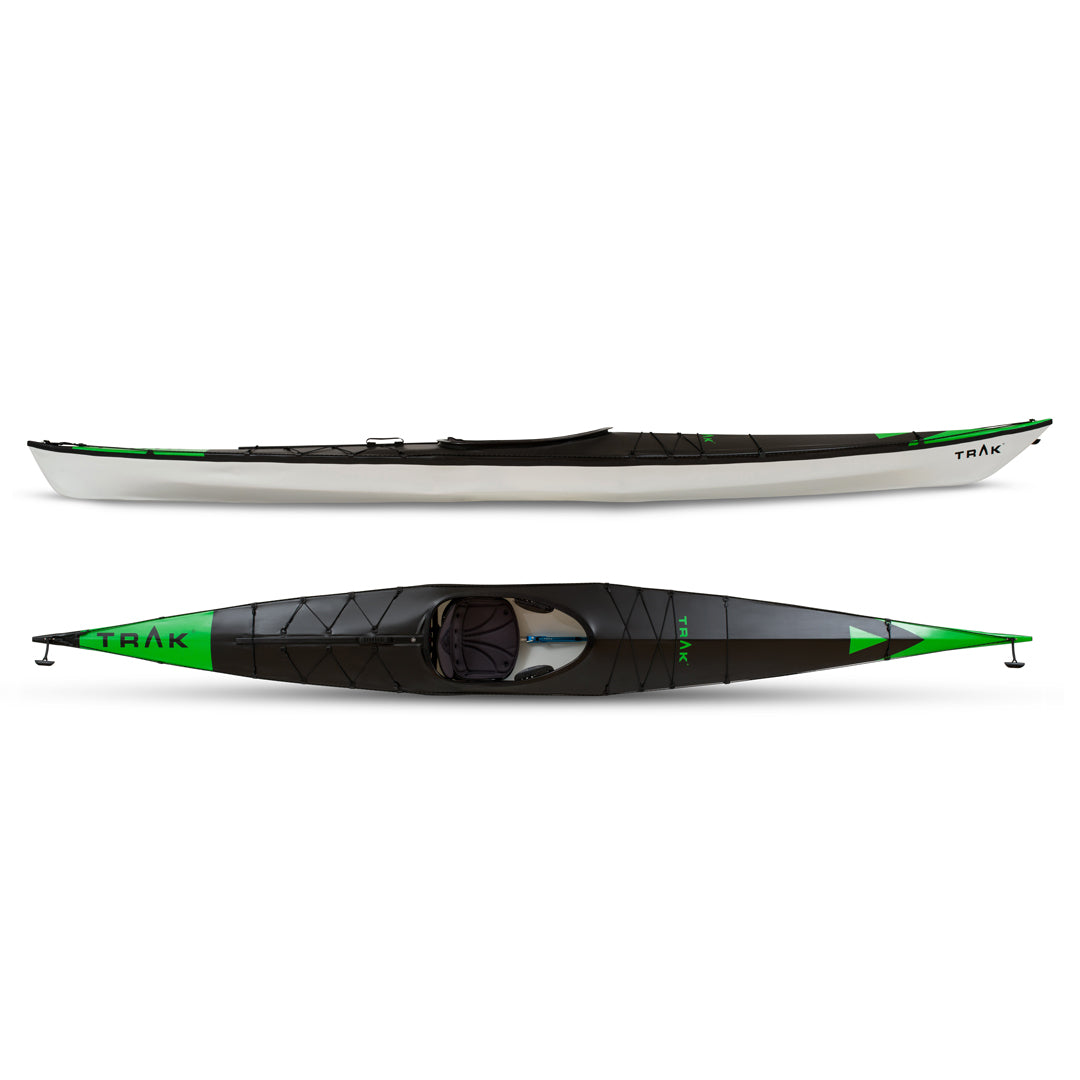
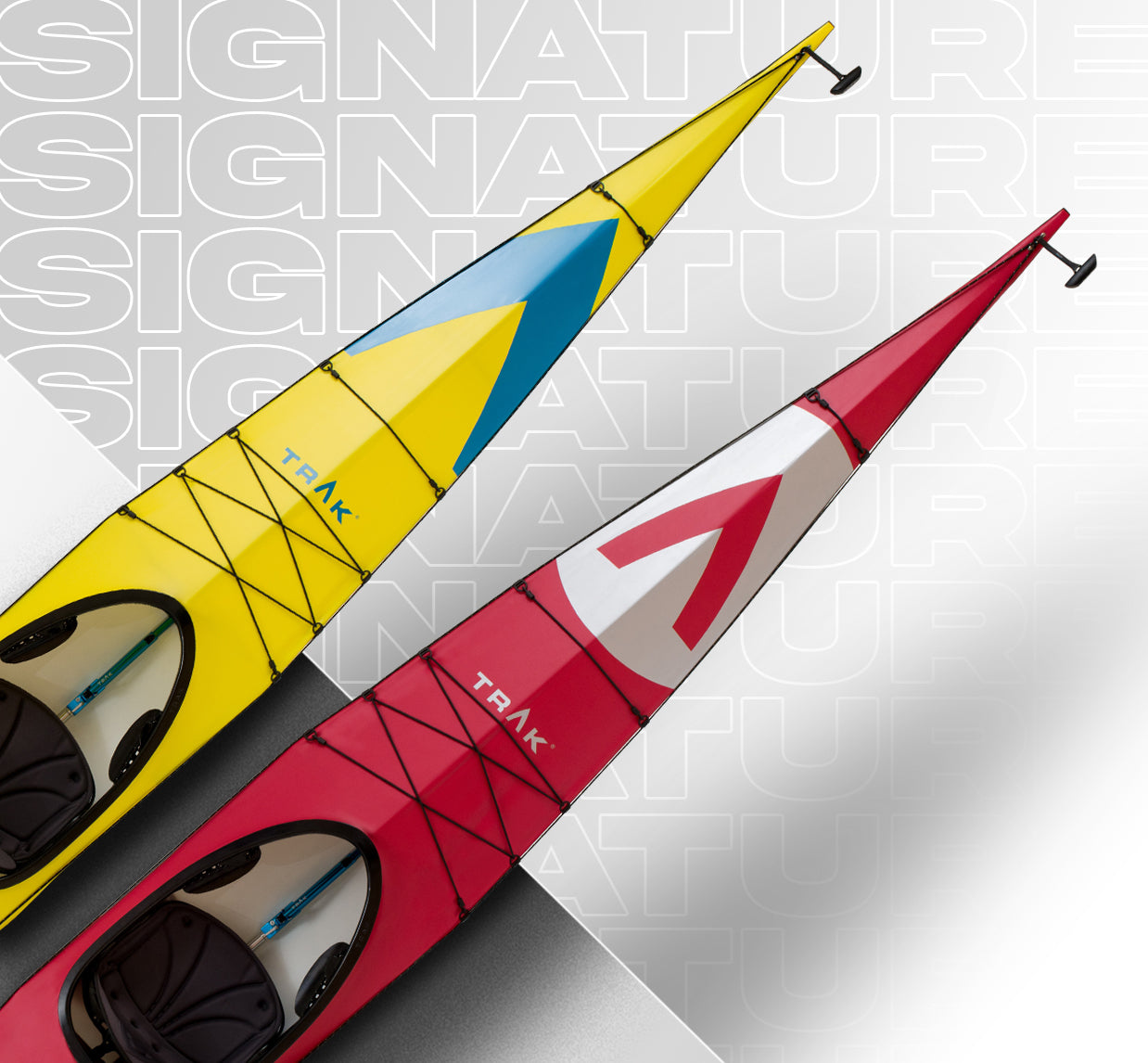
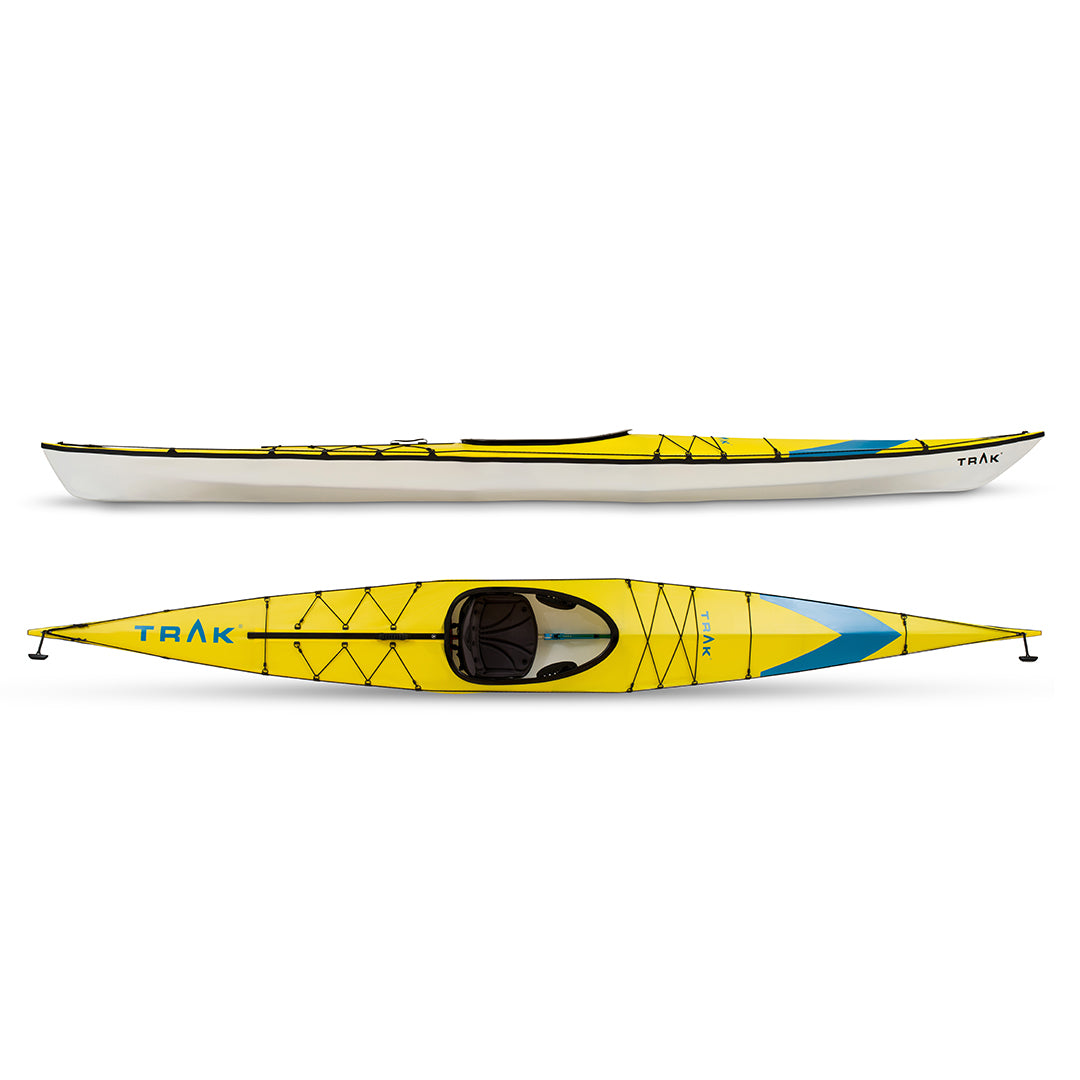
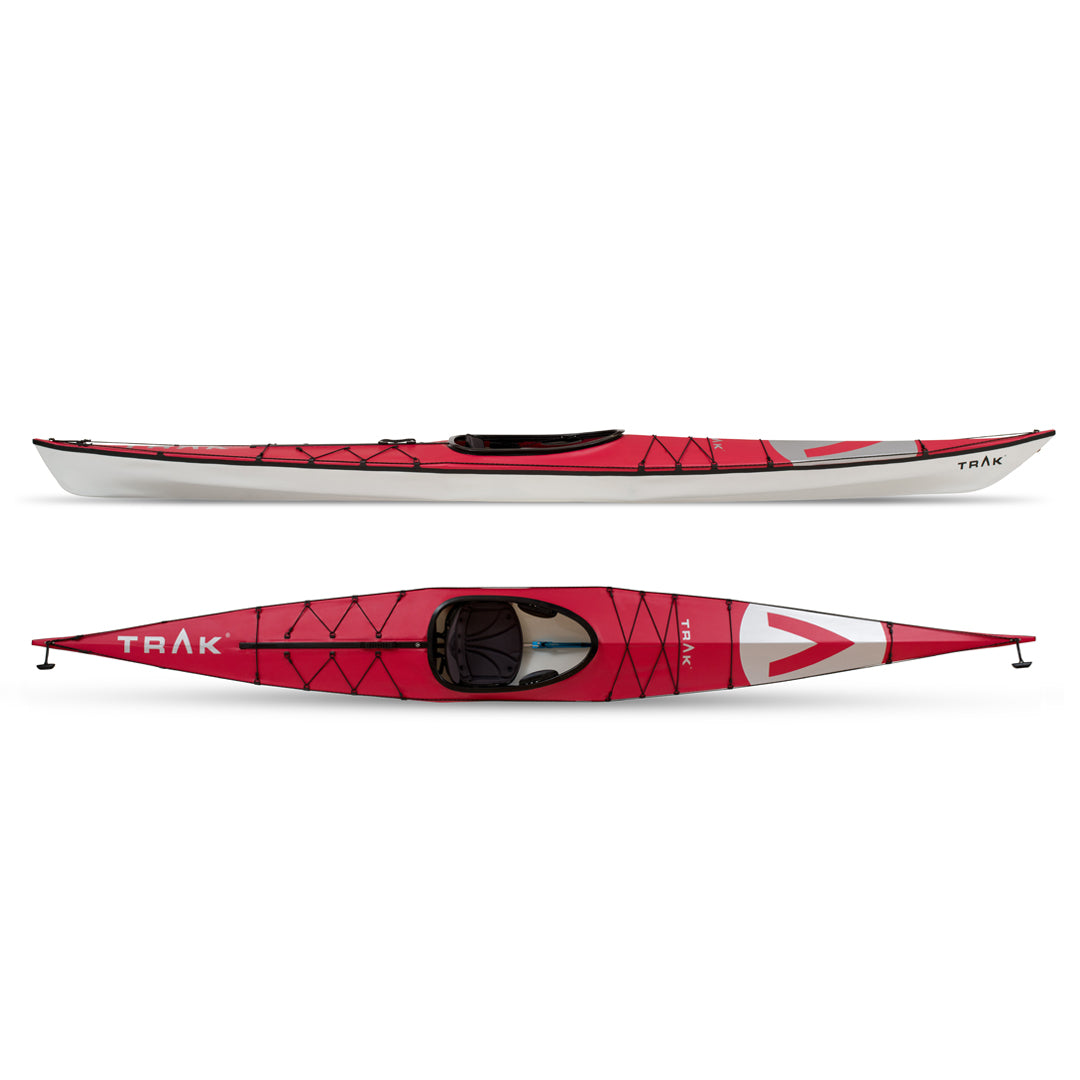
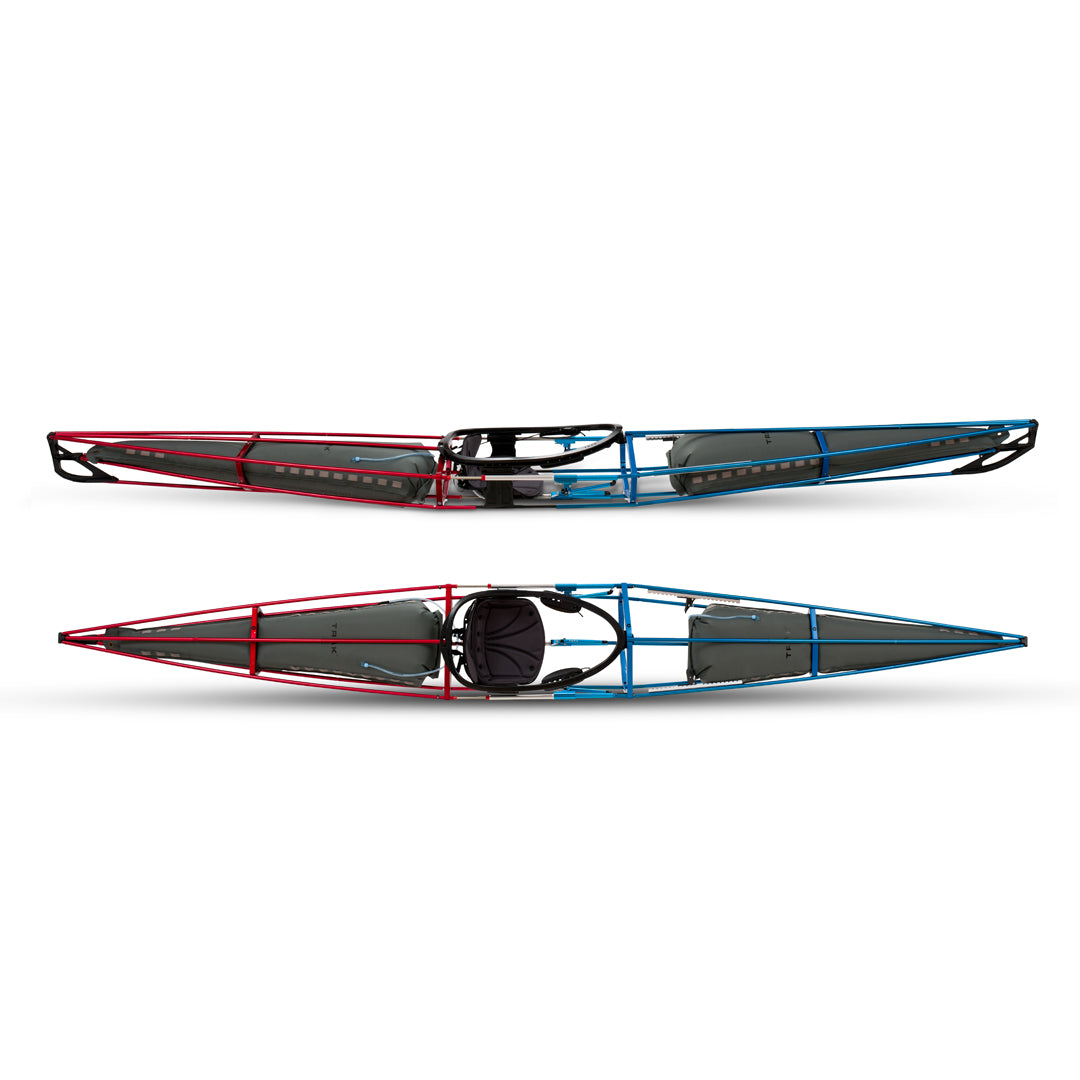
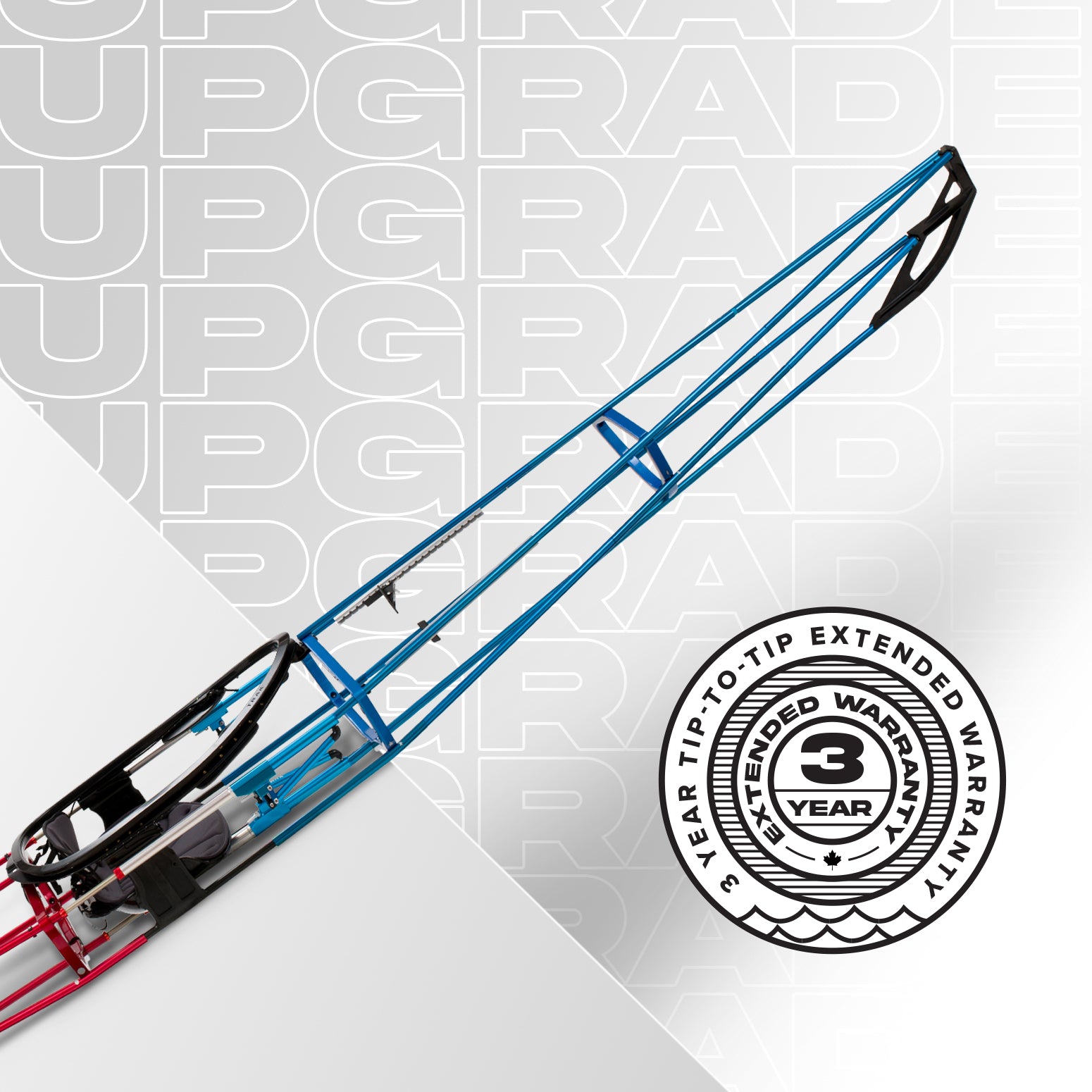
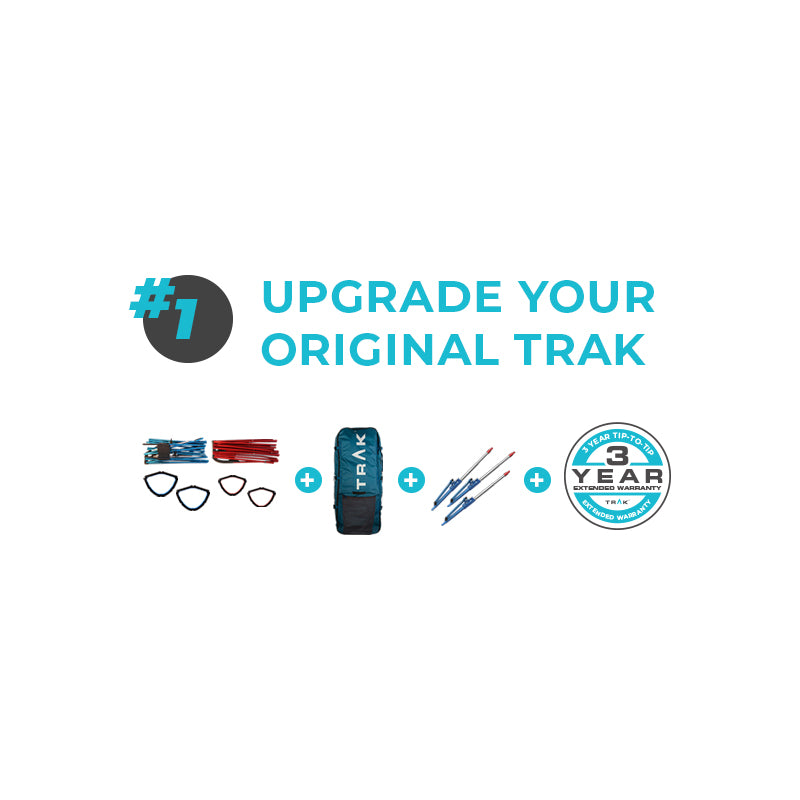
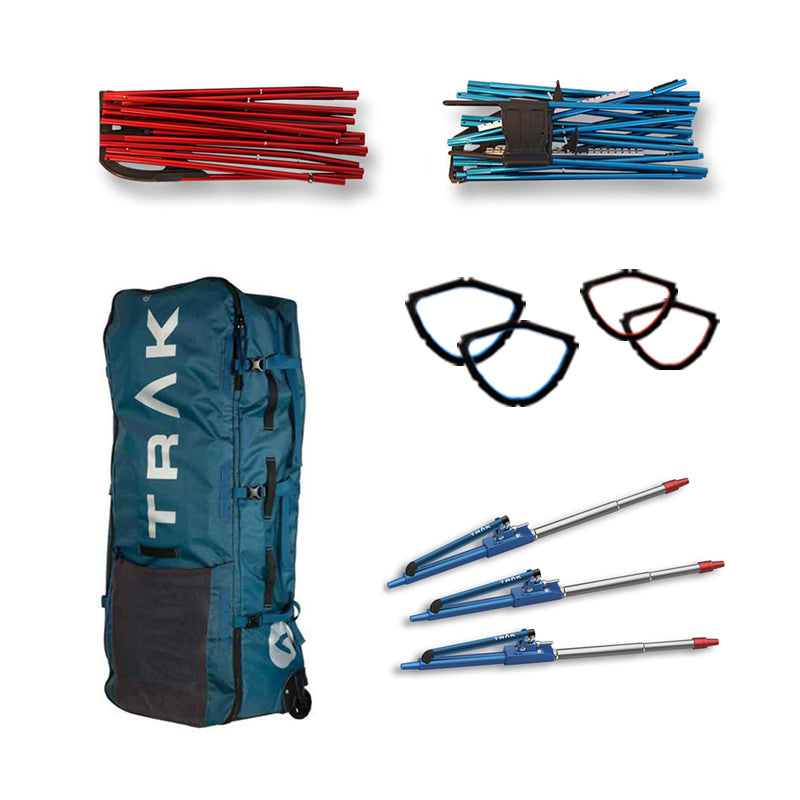
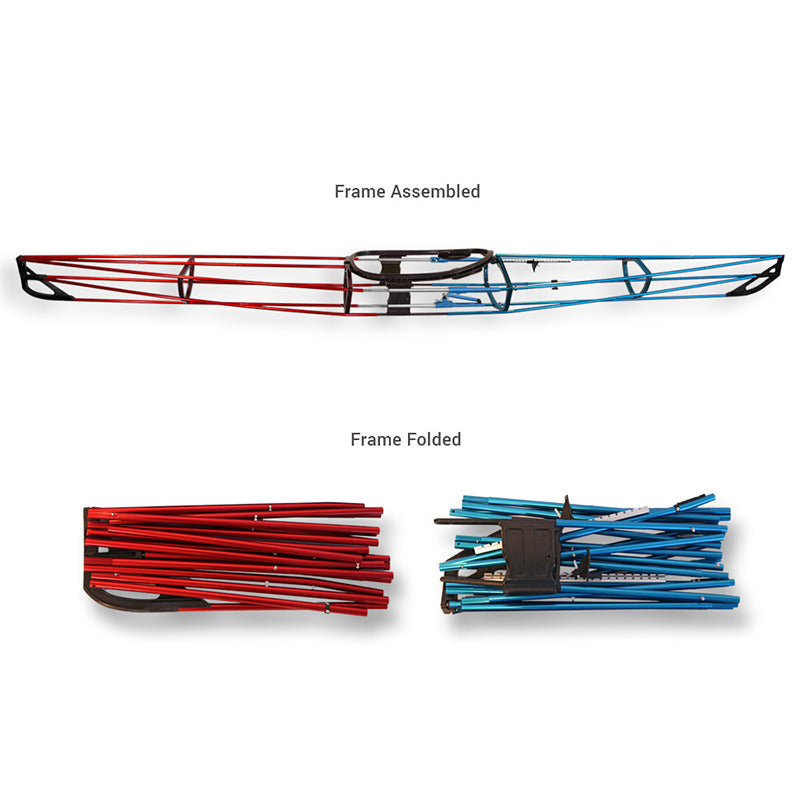

Share: